Some might say that there’s no difference between an ultrabook and the MacBook Air, that actually ultrabooks are nothing else than MacBook Airs in disguise, running on Windows instead of OSX.
These are both ultra slim laptops, with great batteries and weighing just around 1 kg. Apple experienced with ultra slim laptops before and this year’s 11.6 and 13.3 inches line of laptops exceeded all expectations.
But Apple couldn’t enjoy their supremacy for too long, because Intel’s ultrabook concept was put into practice by a number of major players, like Acer or HP.
So if you’re after a thin and stylish laptop, things are a little tougher now, as there are 5 or 6 alternatives for the MacBook Air to choose from.
Hardware
The MacBook Air runs on either a Core i5 or Core i7 processor, with as much as 4 GB of system memory. The video card is on board, namely Intel’s HD 3000, which shares as much as 384 MB with the system memory.
HP’s Folio comes with a Core i5 processor, while Asus’s Zenbook has a Core i5 as well. Lenovo’s entry has either a Core i5 or Core i7 chip and the Toshiba Portege cuts corners and goes for a Core i3.
Overall, ultrabooks and the MacBook Air offer similar configurations and the difference is made by how manufacturers can make all these components work together.
All ultrabooks use solid state drives- between 128 and 256 GB, with Asus going for an HDD-SDD combo in order to keep the price down and offer more storage. Available system memory is kind of similar on all ultrabooks- 4 GB- the same amount you get on an MBA.
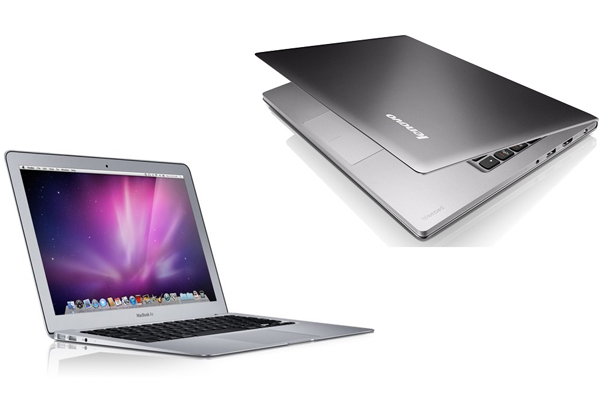
The MBA’s unreasonable asking price make all other ultrabooks much more appealing
Software
Pretty straightforward. All ultrabooks run on Windows, while the MacBook Air runs on OSX. Both operating systems have very strong ecosystems and their particular universes of apps, compatible gadgets and stuff. Ultrabooks also have the element of novelty up their sleeve, as everyone is expecting to see how Windows 8 will run on these devices.
Battery
The MacBook Air is said to run on a single charge for a maximum of 7 hours (13.3 inches version), while ultrabooks are built to last at least at much and even more. The ultrabook rulebook talks about around 10 hours of autonomy, but I guess that will only happen when Intel will roll out their dedicated line of processors for ultrabooks.
Dimensions
The MacBook Air is 0.7 inches thin, so it’s basically an ultrabook in terms of size, as the category has a maximum thickness of 0.8 inches. The Lenovo IdeaPad U300S is a little slimmer, namely 0.6 inches, while the Acer S3 and Asus Zenbook are both 0.7 inches thin.
The difference is not big, so you can say they’re all in the same boat. As for weight, the Acer Aspire is the closest to 3 pounds- 2.98, to be exact, while the Lenovo U300s IdeaPad ticks in at 2.9, Asus’s Zenbook at 2.86, while the MBA weighs 2.96 pounds.
Price
If until now Apple’s MacBook Air and the pack of hungry ultrabooks were competing toe to toe, the difference is made by pricing. The cheapest 13.3 inches MacBook Air starts at $1299, while the cheapest ultrabook can cost as low as $799. Toshiba’s Portege has a starting price of $799 and the configuration it offers (128 GB SSD- Core i3 dual core processor) is not much weaker than the Core i5-128 GB SSD of the cheapest MBA.
The other ultrabooks have good prices as well when compared to the MBA. The Asus Zenbook packs an almost similar spec sheet, but it’s 200 bucks cheaper, namely $1099. HP’s Ultrabook, dubbed Folio, starts at $899 and has a Core i5 chip and the same 128 GB SSD.
The Acer Aspire S3 goes for as low as 825 bucks with the same configuration, while the Lenovo will have a starting price of over 1000 bucks. A tough call for the MBA, considering all current ultrabooks cost less (some way less).

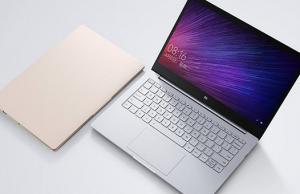
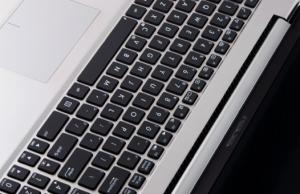
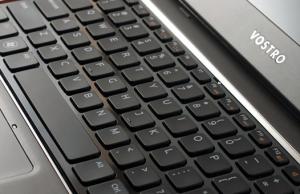
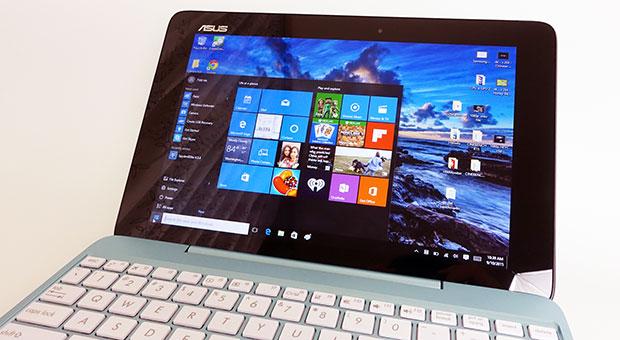




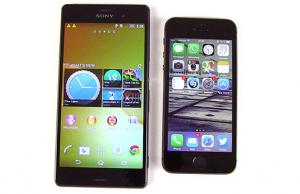




Bilbob
December 6, 2011 at 1:59 am
Wow, Intel is really going after Apple. What did Apple do? Did Steve Jobs get tired of Intel’s monopolistic demands?
Dustycat
December 8, 2011 at 9:41 am
You say twice that MacBookAirs run iOS. MacBookAirs run Mac OS X. iOS is only for touch-screen devices.